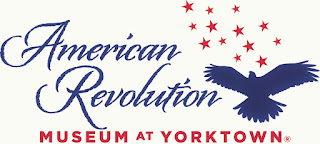2017-2018 NJCAR President: Arden Adamo
2017-2018 NJCAR Senior President: Lucy Kramer
Forging Our Freedom
Fires glow, the hammer’s song rings into the night, casting for a future America, forging a new nation. Today, little remains to remind of the important work that took place at Ringwood Manor. Mining began in New Jersey as early as 1685, and by the end of the Revolution there were 79 iron forges and 8 blast furnaces operating in the state. The first blast furnace built at Ringwood, in northern Passaic County, was constructed in 1742. By 1771, Ringwood was the center of the America’s Iron Company’s extensive holdings and Robert Erskine was recruited as its ironmaster. Erskine was a talented engineer who also became Washington’s Mapmaker and Surveyor General. Under Erskine’s leadership, the American Iron Company worked to meet the wartime needs of our new nation, forging military equipment, chain links that became part of the defense of the Hudson River and iron for Chevreaux de Frise that helped defend American lines. Erskine also formed a militia company to defend the ironworks, and serve as its captain. A small cemetery lies along the old military road behind Ringwood Manor. There rests Robert Erskine, his secretary Robert Monteath, and dozens of soldiers and ironworkers, some known, and some whose names are lost to history. Today, the cemetery is in disrepair with little to identify the significance of those who rest there. My project is to raise funds for the New Jersey Highlands Historical Society to conduct restoration work in the cemetery, and place an interpretive panel explaining the significance of this site, in memory of those men and women who helped forge our freedom
Erskine-West Point and Ringwood Manor
Find A Grave-Robert Erskine
Revolutionary War Sites-Ringwood, NJ
Robert Erskine Story
Robert Erskine timeline













